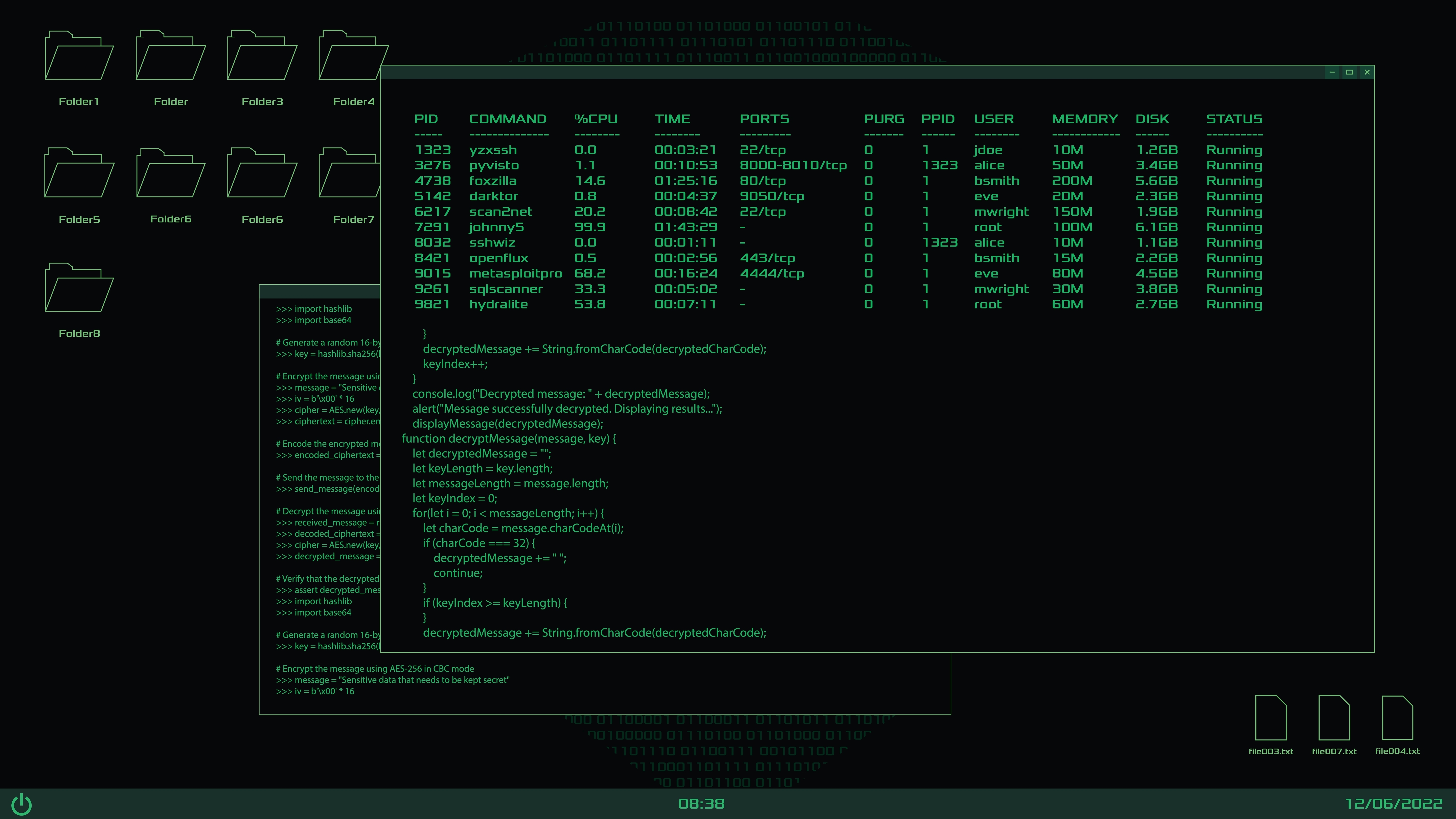Crisis Communications
Crisis Communications for Beauty Brands
When a beauty brand faces a crisis, the clock starts ticking immediately. Whether it’s a contaminated product batch, an influencer partnership gone wrong, or a wave of negative reviews spreading across social media, the next 24 hours will determine whether your brand emerges stronger or suffers lasting damage. The beauty and wellness industry operates in a particularly unforgiving environment where consumer trust is both your greatest asset and most fragile commodity. One misstep can erase years of carefully cultivated brand equity, while a well-executed crisis response can actually strengthen customer loyalty and demonstrate the values that set your brand apart.
Beauty brands face a distinct set of challenges that make crisis management particularly complex. Your products touch consumers’ bodies directly, making safety concerns intensely personal. Social media has created an environment where a single customer complaint can reach millions within hours, and influencer partnerships—while powerful marketing tools—introduce third-party risks that traditional advertising never posed.
When a beauty brand faces a crisis, the clock starts ticking immediately....
How PR Shapes Trust in a Post-Hype Blockchain Era
The blockchain industry has weathered multiple storms—from spectacular exchange collapses to regulatory crackdowns that sent markets spiraling. What separates projects that survive these crises from those that fade into obscurity isn’t just technical superiority or funding reserves. It’s the ability to communicate with clarity, accountability, and authenticity when trust hangs by a thread. After years of overblown promises and hype-driven marketing, the industry now faces a reckoning where credible communication matters more than flashy announcements. For executives leading blockchain projects today, mastering crisis PR isn’t optional—it’s the difference between recovery and irrelevance.
When crisis hits a blockchain project, the clock starts ticking in minutes, not hours. The decentralized nature of crypto communities means information—and misinformation—spreads at unprecedented velocity across Twitter, Discord, Telegram, and Reddit simultaneously. Your first communication window is brutally short, and silence gets interpreted as guilt or incompetence.
The blockchain industry has weathered multiple storms—from spectacular...
The Intersection of Corporate Communications and Cybersecurity Messaging
When a cybersecurity incident strikes, the technical breach is only half the battle. The other half—often more damaging to long-term business health—is how you communicate about it. We’ve watched organizations with robust security infrastructure crumble under the weight of poor crisis communication, while others with less sophisticated defenses preserved stakeholder trust through transparent, coordinated messaging. The gap between what security teams know and what communications professionals can effectively convey to diverse audiences has become a critical vulnerability in itself. Bridging this divide isn’t optional anymore; it’s a business imperative that determines whether an incident becomes a manageable event or a reputation-destroying crisis.
The most common failure I see in incident response isn’t technical—it’s organizational. Companies invest millions in security tools but leave communication protocols to chance, assuming teams will naturally coordinate when pressure hits. They won’t.
When a cybersecurity incident strikes, the technical breach is only half the...
How Security Leaders Position Credibility in Crypto Markets
When a security incident hits, the clock starts ticking in minutes, not hours. Your investors check their phones. Your customers question their trust. Your competitors sharpen their messaging. In cybersecurity and crypto markets, reputation isn’t built on perfect track records—no company has one—but on how you communicate when things go wrong and how you position credibility before crisis strikes. The companies that survive and thrive understand that security positioning is not a marketing afterthought but a strategic discipline that requires preparation, precision, and a deep understanding of what technical audiences actually care about.
The difference between a security incident that strengthens your reputation and one that destroys it comes down to preparation and execution. When Accenture’s 2025 cybersecurity resilience research examined organizational responses to breaches, they found that companies with pre-incident communication frameworks maintained stakeholder confidence at significantly higher rates than those scrambling to craft messages in real-time.
When a security incident hits, the clock starts ticking in minutes, not hours....
Predictive Crisis Communications Using AI and Real-Time Data
Crisis communications has entered a new era where waiting for a threat to materialize means you’ve already lost. The window between a brewing issue and full-blown reputational damage has collapsed to hours—sometimes minutes. Organizations that rely on traditional monitoring methods find themselves perpetually behind, scrambling to contain fires that AI-equipped competitors spotted and extinguished before they spread. Real-time data streams combined with machine learning now offer something previously impossible: the ability to see around corners, model how disinformation will propagate, and intervene before narratives harden into public perception.
AI doesn’t predict crises through magic—it works by processing volumes of data no human team could handle. Machine learning algorithms scan social media feeds, news outlets, forum discussions, and digital content simultaneously, identifying patterns that signal emerging threats. What makes this powerful is the technology’s ability to recognize subtle shifts in conversation velocity, sentiment changes, and network effects that precede major incidents.
Crisis communications has entered a new era where waiting for a threat to...
Ethical AI in PR: New Standards for Transparency and Compliance
Public relations professionals face a reckoning. As artificial intelligence tools become standard equipment in our industry—from content generation to media monitoring—the question is no longer whether to use AI, but how to use it responsibly. The stakes are high: client trust, professional credibility, and legal compliance all hang in the balance. Recent updates to professional codes of ethics from PRSA, IPRA, and the Global Alliance signal that the industry has moved past experimentation into a phase demanding rigorous standards, transparent practices, and accountable governance.
Transparency starts with disclosure, but knowing when and how to disclose AI involvement requires judgment and clear protocols. PRSA’s 2025 AI Ethics Guidelines establish that disclosure is required when AI significantly influences outcomes, particularly in client deliverables. This means if an AI tool drafts a press release, generates social media content, creates visual assets, or assists in hiring decisions, stakeholders deserve to know.
Public relations professionals face a reckoning. As artificial intelligence...
Protect Crypto Reputation During Market Crashes
When your token drops 30% overnight and Discord erupts with accusations, the next 48 hours will determine whether your project survives or joins the graveyard of failed crypto ventures. Market downturns don’t just destroy token value—they expose every weakness in your communication infrastructure, stress-test your community relationships, and reveal whether your team can operate under extreme pressure. The difference between projects that weather these storms and those that collapse isn’t luck or market timing—it’s the presence of structured crisis response systems that activate before panic becomes irreversible.
Most reputation crises announce themselves long before they explode. The problem? Your team is drowning in noise and can’t distinguish meaningful signals from routine community complaints.
When your token drops 30% overnight and Discord erupts with accusations, the...
How to Apologize Publicly with Effective Apology Strategies
Public apologies have become a defining feature of modern reputation management. When public figures, corporate leaders, or celebrities face controversy, the way they respond can either restore trust or deepen the crisis. A well-crafted public apology requires more than just saying “I’m sorry”—it demands careful consideration of timing, language, and follow-through. The difference between an apology that repairs relationships and one that generates further backlash often comes down to authenticity, accountability, and a genuine commitment to change. This guide provides practical strategies for structuring, delivering, and following up on public apologies that rebuild credibility and demonstrate real accountability.
A successful public apology requires specific elements that work together to demonstrate sincerity and accountability. The foundation starts with taking full responsibility without equivocation or blame-shifting. When crafting your apology, you must say “I’m sorry” directly rather than using passive constructions like “mistakes were made” or “if anyone was offended.” This direct acknowledgment shows you understand the impact of your actions.
Public apologies have become a defining feature of modern reputation...








